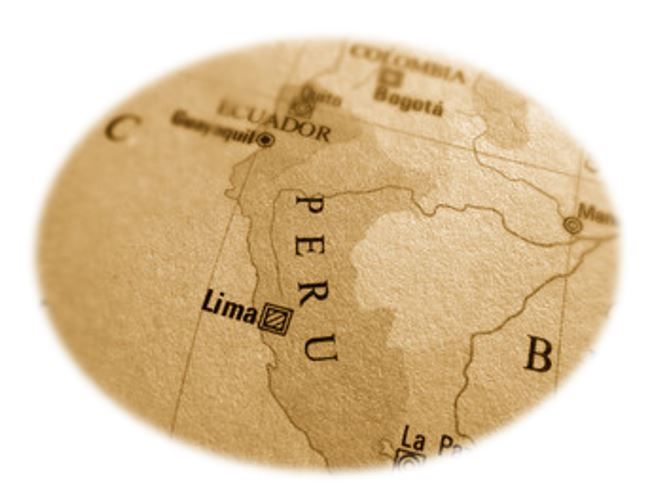- Clinical Technology
- Adult Immunization
- Hepatology
- Pediatric Immunization
- Screening
- Psychiatry
- Allergy
- Women's Health
- Cardiology
- Pediatrics
- Dermatology
- Endocrinology
- Pain Management
- Gastroenterology
- Infectious Disease
- Obesity Medicine
- Rheumatology
- Nephrology
- Neurology
- Pulmonology
Learning that Health Care is a Privilege
A young medical student, native of Peru and now resident of Georgia in the US, relates her early education in health care disparities, first in Peru, then in her adopted home.

Georgia became my home at the age of 2 years. My father, originally from Spain, had lived in New York for 14 years before he met my Peruvian mother while on a business trip. They lived in Peru for a couple of years after I was born, but my father always planned to move back to the US. He had a friend who suggested Georgia as a desirable place to raise a family and after a quick visit to the state himself, my father agreed. My family and I moved to Georgia in 1998, but we continued to travel back to Peru every other summer to visit family and because my parents wanted to ensure I continuously practiced my Spanish.
At a young age, the differences I noticed between Peru and the United states were initially cultural: food, music, and language. But as I grew older and continued to see more of my native country and its people, differences beyond culture began to stand out.
When visiting Peru, we would go from city-to-city to see family. We traveled throughout the country, visiting Lima (my birthplace), Tacna, and Chiclayo, among others. The mountains and valleys were unlike anything I’d seen in Georgia, but I also noticed that poverty and illness were common in the rural areas. I would ask family members why so many of the Peruvian people struggled with health issues. Long after, I realized that the unique landscape, huge mountains and deep valleys, created a logistical challenge to developing this terrain. The absence of expansion contributed to a lack of job opportunity and industry, creating additional barriers that prevent access to quality healthcare. At the time, I did not understand the concept of medically underserved areas, but soon recognized Peru as one of the many places that fell into this category.
In Georgia, I was fortunate to be raised in an area where premium medical care was readily accessible. If I had a sore throat or I randomly spiked a fever, there was always a doctor’s office within a 20-minute drive, as well as access to a vehicle to get there. Physicians and hospitals in Peru are concentrated in city areas, so distance from the countryside and lack of transportation can prevent people from seeking medical care. This puts Peruvians living in rural areas at a medical disadvantage, which I later realized also occurs in areas of very rural Georgia.
Whether the obstacles are physical or financial, people throughout the world harbor illness because of poor access to basic healthcare. The opportunity to experience medically underserved areas first-hand over many years has fostered in me a deep appreciation for the importance of having medical care readily available. I understand clearly that many people in many countries like Peru, and even in areas of the United States, do not share the privilege I continue to have of access to healthcare. This realization was a major factor that drove my desire to serve people through medicine.
As a second-year medical student, the impact of inadequate healthcare on individuals becomes more and more evident to me. As a future physician, I hope to do my part in bridging the critical healthcare gap and rectifying similar medical disparities.
Anaïs Natal is a member of the class of 2024 at the Medical College of Georgia at Augusta University in Augusta, Georgia.
Atopic Dermatitis: The Pipeline and Clinical Approaches That Could Transform the Standard of Care
September 24th 2025Patient Care tapped the rich trove of research and expert perspective from the 2025 Revolutionizing Atopic Dermatitis meeting to create a snapshot of the AD care of the future.
